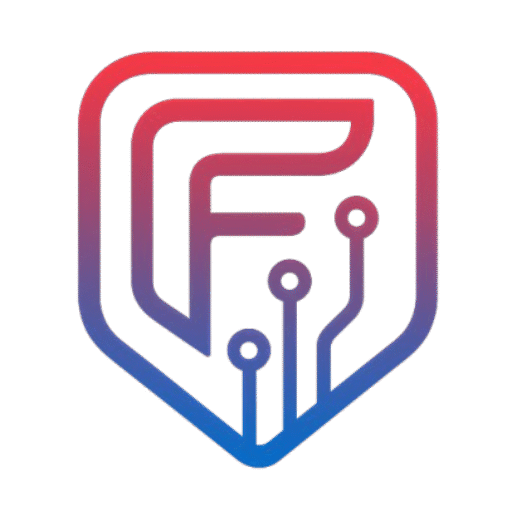What would you like to know?
1. How does Machine Learning relate to Artificial Intelligence?
Machine Learning is a subset of AI that focuses on developing algorithms and models that allow computers to learn from data and improve their performance over time. It plays a crucial role in enabling AI systems to recognize patterns, make predictions, and adapt to new information.
2. What are the different types of Artificial Intelligence?
There are generally two types of AI: Narrow or Weak AI, which is designed to perform specific tasks, and General or Strong AI, which possesses human-level intelligence and can handle a wide range of tasks.
3. What are the applications of Artificial Intelligence?
AI has applications in various fields, including:
- Natural Language Processing (NLP) for chatbots, language translation, and sentiment analysis.
- Computer Vision for image recognition, object detection, and autonomous vehicles.
- Machine Learning for predictive analytics, data mining, and pattern recognition.
- Robotics for automation in industries such as manufacturing and healthcare.
- AI-powered personal assistants, recommendation systems, and fraud detection, among others.
Everything you need to know about
Artificial Intelligence (AI) is the field of computer science that focuses on creating machines or software that can perform tasks typically requiring human intelligence.
These tasks include:
Learning from data (Machine Learning)
Reasoning and making decisions
Understanding natural language (like chatbots or voice assistants)
Perceiving the environment (via computer vision, sensors)
Acting autonomously (robots, self-driving cars)
In essence, AI aims to simulate human thinking in machines to automate and optimize complex tasks.
Machine Learning is a subset of AI that focuses on developing algorithms and models that allow computers to learn from data and improve their performance over time. It plays a crucial role in enabling AI systems to recognize patterns, make predictions, and adapt to new information.
Here’s the relationship in simple terms:
AI is the broader concept: making machines “smart” or capable of mimicking human intelligence.
ML is a specific method within AI: it enables machines to learn from data without being explicitly programmed.
So, while all machine learning is AI, not all AI is machine learning. For example:
A rule-based chatbot = AI (not ML)
A chatbot that improves with usage = AI using ML
ML is how most modern AI systems actually learn and improve.
Yes, AI is replacing some human jobs, especially those that are repetitive, rule-based, or data-driven — like:
Data entry
Customer support (via chatbots)
Basic accounting
Manufacturing line work
Logistics and inventory tracking
However, AI is also creating new jobs — in AI development, data analysis, cybersecurity, robotics maintenance, etc.
Hard Truth:
Low-skill, repetitive jobs are at highest risk.
Creative, strategic, or interpersonal roles are safer — for now.
Bottom line: Adapt or get left behind. Learn to work with AI, not fear it.
Artificial Intelligence is commonly classified into three types based on capability:
1. Narrow AI (Weak AI)
Definition: AI designed for a specific task.
Examples: Siri, Google Maps, ChatGPT, facial recognition.
Current Status: All existing AI today falls under this category.
2. General AI (Strong AI)
Definition: AI with human-like reasoning across any task.
Examples: A hypothetical AI that can solve math, cook, write poetry, and debate politics like a human.
Current Status: Not yet achieved.
3. Superintelligent AI
Definition: AI that surpasses human intelligence in all fields.
Examples: Theoretical—could design new tech, govern nations, or outsmart humanity.
Current Status: Purely speculative; subject of debate and caution.
There’s also a functional classification:
Reactive Machines (e.g., chess AI) – No memory, reacts to input.
Limited Memory (e.g., self-driving cars) – Uses past data for decisions.
Theory of Mind – AI that understands emotions/intents (not yet real).
Self-aware AI – Sentient AI (science fiction, for now).
Conclusion: We are in the Narrow AI + Limited Memory phase. General and Super AI are the future — and possibly the threat.
get in touchWe are always ready to help you and answer your questions
Have questions or need a custom solution?
Reach out to us — we’re here to assist you every step of the way.
Call Center
Our Location
NAGANANDA COMMERCIAL COMPLEX, Unit No. 07/3, 15/1, 185/2, 185/A, SECOND FLOOR, 18TH MAIN
ROAD, JAYANAGAR 9TH BLOCK, BENGALURU-560041


